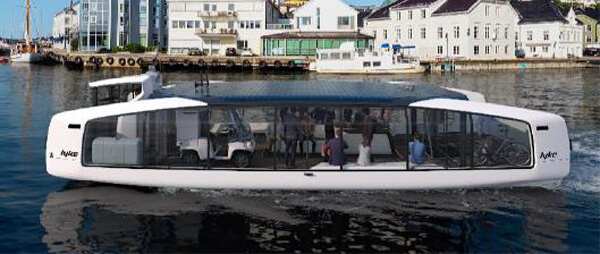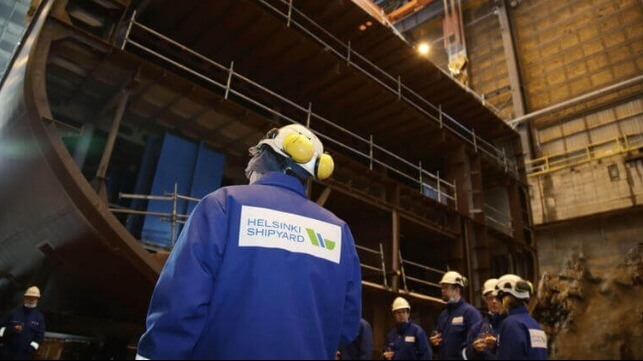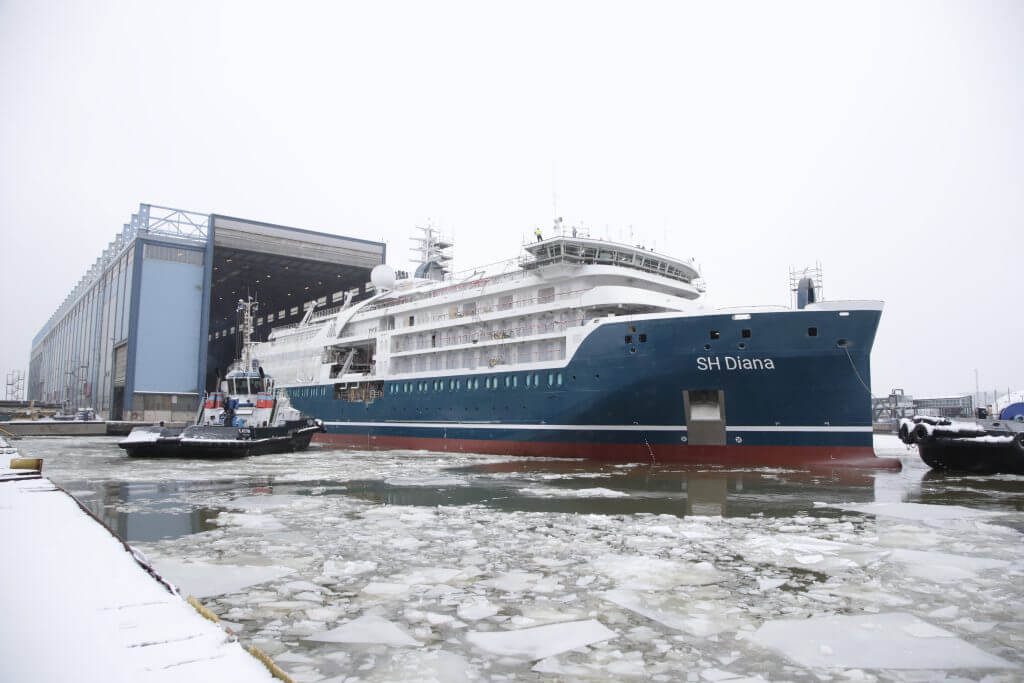Work Starts on Large, Autonomous 3D Printed Ferry for Paris Olympics

Work is started on building the largest ever 3D printed ferry as part of a new project sponsored by France to highlight innovations in sustainable and autonomous shipping. Voies Navigables de France, the country’s navigation authority responsible for the management of the majority of France's inland waterways network, launched the competition along with the country’s Minister Delegate for Transport Clément Beaune to showcase innovation during the 2024 Paris Olympics and Paralympic Games.
Three winners were selected from the competition with partners Sequana Développement, Roboat, and Holland Shipyards Group being selected for their project which they say will provide “a glimpse of the future of waterborne mobility by crossing the Seine with a 3D printed, autonomous, electric passenger ferry.”
The ferry proposed by the winning consortium will have dimensions of approximately 29.5 feet by 12.7 feet with a futuristic look based on the renderings. In their submission, the group said the vessel will be characterized by a state-of-the-art design, an autonomy system, electric propulsion, and a 3D printed hull made of recycled material. Mooring and charging will happen automatically. It will have a capacity for up to 35 people and achieve Level 4 automation.
“The 3D print build method opens up a new exciting chapter in shipbuilding,” says Leendert Hoogendoorn, director Holland Shipyards Group. Work on “building” or “printing” the vessel began today.
The ferry is to be deployed in the summer of 2024 in a key location in the vicinity of the major sporting events and will enable visitors to Paris and athletes to fulfill their mobility needs in a new and environmentally friendly manner. Details on the exact location where the ferry will be operating will be announced closer to the start of games.

"Keel laying" for the largest ever 3D printed autonomous ferry (Holland Shipyards Group)
"From 10 to 50 seats, the three demonstrator projects that we have selected all have one thing in common, beyond their driving autonomy and their low-carbon engines, they have the ambition to contribute to the objectives of environmental excellence of games and to be part of the legacy of 2024," said Thierry Guimbaud, Managing Director of VNF, when the selection was announced in December 2022.
The two other projects that were selected call for the construction of a 49-foot electric powered river boat. It will have a capacity for 50 people. Hyke Rivercat, Juvisy, and Ris Orangis Construction partnered for this project. The third project is for a 39-foot river boat with 12 seats that will also be 100 percent electric propulsion. This project involves Bluenav, Orion naval engineering, Drone Protect System, Keolis, E nautical harbor Bordeaux and Metropolis of Bordeaux.
VNF is supporting France’s efforts at hosting the historic games by developing a plan to maintain commercial navigation during this summer’s events. The athletes’ village is to be located along the Seine with the efforts leading to the greening of the fleet and integration of sustainable transport into the program. The opening ceremonies reportedly will take place in part on the Seine.

Hyke Rivercat and its team proposed an electic powered riverboat






.jpg)
.jpg)